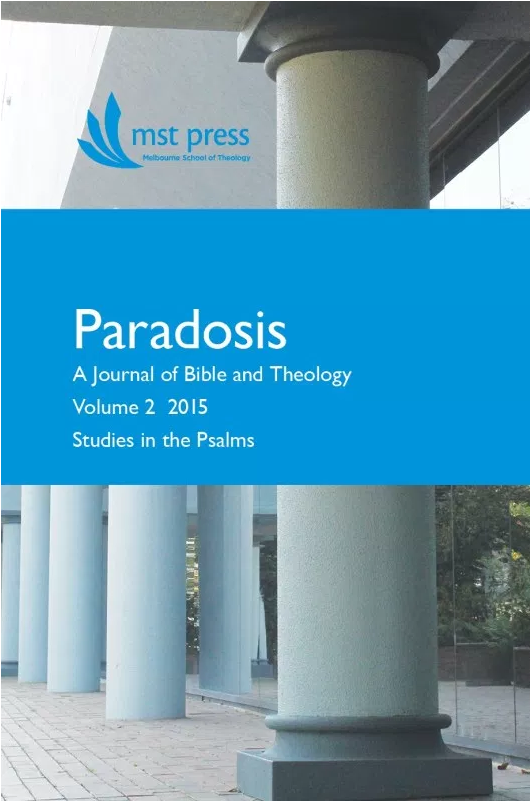Far from recently published, this is one of those books that leaves your teaching institution’s library (where it’s certain to reside, normally) and stalks you in the dead of night, saying, “Read me, read me,” and just occasionally, if you haven’t done it, “Put the cat out!” It doesn’t matter that it was published in 1985 (ooh, that reminds me, here are the details:)
Wilson, Gerald. The Editing of the Hebrew Psalter (SBL Dissertation Series 76; Chico, CA: Scholars Press, 1985).
…we sometimes don’t get around to reading these things for a while!
If you have read any of Wilson’s more recent essays, he has pretty well stayed on key with this book since, so you probably have a good idea of his thrust in this book, but this was the one that set the tone for the whole discussion about Psalms being an intentional editorial whole with a kind of underlying narrative thrust. That thrust, in his view, is that Books I-II of the Psalms celebrate the Davidic kingship (kicked off in Psalm 2), until in Book III that dynasty appears shattered, especially in Psalm 89, and then in Book IV there is a rediscovery of Israel’s (or really, Judah’s) roots in Mosaic and Aaronic terms, and a fresh focus on Yahweh as king.
There are little things you might disagree with, and if you would like to compare a contrasting position, check out the general scepticism of R. N. Whybray about an overall canonical coherence to Psalms:
Whybray, Norman. Reading the Psalms as a Book (JSOTSup 222; Sheffield: Sheffield Academic, 1996).
But it is probably fair to say that Wilson managed to persuade many students and scholars of the virtues of at least a healthy dose of this perspective on Psalms, and in so doing brought some of seeds of his mentor Brevard Childs’ suggestions on Psalms to fruit. Wilson died in late 2005, at an insufficient age…biblical scholars have a tendency to do this, for some reason. See some of the details here: http://biblical-studies.ca/blog/2006/03/01/the-editing-of-the-book-of-psalms-a-tribute-to-gerald-h-wilson/
I should add: debates over the Qumran psalms manuscripts and particularly the critical 11QPs a are important to this work, as the question is asked whether that manuscript implies a different canonical psalm sequence at Qumran, or the incomplete formation of our biblical psalm sequence at that time. Plus, any question you ever had about the Psalm titles probably comes up. And this was a Yale doctoral thesis in its early life (1981), so it’s a little technical and lacks colour illustrations.



